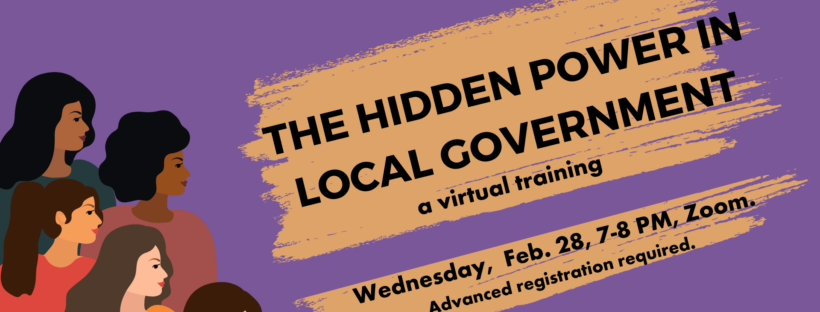We have huge news! Colorado 50-50 has become the official Colorado affiliate of the nationally known Ready to Run® program. Through a partnership with the Center for American Women in Politics at Rutgers University, we will be able to offer the same campaign training that they have been successfully offering for more than 25 years. … Continue reading Announcing New Partnership with the Center for American Women in Politics
Category: State Legislature
The Hidden Power Within Local Government
Did you know Colorado has both a Presidential Primary and a caucus? You have probably already received your mail ballot. You can drop it off or vote in person between now and March 5. That takes care of one part of the election. Another very important part of the election will be happening at caucuses … Continue reading The Hidden Power Within Local Government
Colorado makes history in 2022 election
Update -- February 10, 2023 -- One Democratic female State Representative resigned and later pled guilty to criminal charges for lying about her place of residence to run for reelection. Her replacement was male, bringing the number of women down to 50. Colorado made history in the 2022 election by achieving gender parity with legislators … Continue reading Colorado makes history in 2022 election
AAPI Community Summer Social – Save the date!
Colorado has zero Asian-American and Pacific Islander (or AAPI) people in the Legislature and - if you wanted a number that reflected the population - there should be four. We're working to change that. Almost a year ago, Colorado 50-50 brought together a group of volunteers specifically interested in seeing more AAPI women in elected office. … Continue reading AAPI Community Summer Social – Save the date!
Virtual Winter Social 2020 with State Rep. Meg Froelich
Want to meet other fabulous people who are interested in promoting women in leadership? Sign up now for our online winter social on Tuesday, December 29, 2020, at 6 PM! Join special guest State Representative Meg Froelich, who is also one of the filmmakers who created the "Strong Sisters" documentary about Colorado women running for … Continue reading Virtual Winter Social 2020 with State Rep. Meg Froelich
Record number of women poised to become state house members
For the first time, there will be gender parity at the Colorado State House. What’s more, if a woman wins in one more close race, women will be the majority in that chamber. Colorado 50-50, a group encouraging women to run for office in Colorado, has been tracking the number of women candidates running in … Continue reading Record number of women poised to become state house members



